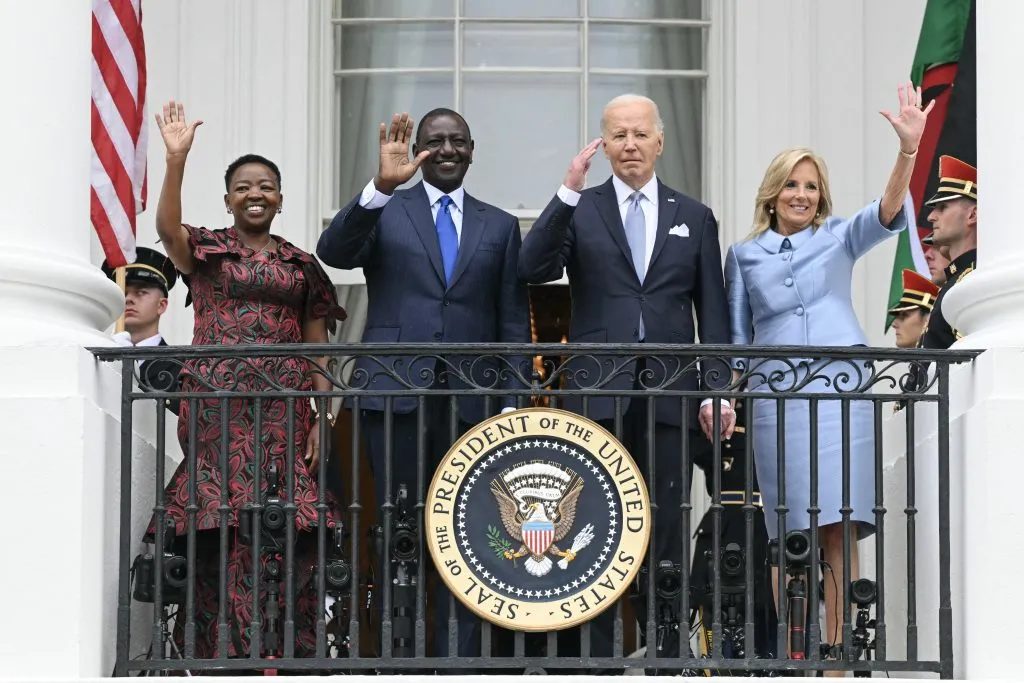
President William Ruto’s state visit to the United States in May signalled a major expansion in bilateral engagement between Nairobi and Washington. Notably, Ruto’s visit is just the sixth state visit hosted by President Joe Biden since assuming office and the first for an African leader since 2008, underscoring Kenya’s growing significance as a strategic partner to the US. But what has prompted this charm offensive by the United States in Kenya and the broader African continent?
And what does Kenya stand to gain from this dance with the US in an increasingly multipolar world?
Kenya and the US have maintained close ties since the former gained independence from the British in 1963, with bilateral cooperation spanning several areas of mutual interest such as economic prosperity, defence, regional security, democracy, and public health. The US is now looking to leverage this strategic alliance to enhance its influence on the African continent for various strategic reasons.
The Biden administration unfurled the red carpet for Ruto and his entourage – which included some of Kenya’s leading figures in business, politics, arts, and culture – at a time when American rivals such as China and Russia are making significant headway in some parts of the continent.
An important ally amid democratic backsliding
Military coups and electoral setbacks in various parts of Africa in the recent past have raised concerns in Washington that America’s rivals could take advantage of the instability in some African countries to consolidate their influence in the region. The Biden administration views democratic backsliding in Africa as a critical issue and is counting on a stronger alliance with Kenya to counter this trend.
Ruto is acutely aware of the importance the US attaches to spreading western-style democracy beyond its borders, and has been pulling out all the stops to cast himself as an ardent supporter of democratic ideals. In his first speech on the three-day state visit, delivered at the Jimmy Carter Presidential Museum and Library in Atlanta, he vowed to keep Kenya “on the path of an open society, strongly committed to greater accountability and transparency, with robust engagement of civil society.”
The US is keen on enlisting Ruto’s support to spread this message across Africa, with US officials having in the past heaped praise on Kenya’s credentials as the foremost democracy in East Africa.
“In Ruto, Biden is welcoming an increasingly assertive international operator, with a track record of promoting African solidarity and a keen awareness of the new partnerships possible in a multipolar world,” notes Fergus Kell, a projects coordinator and research analyst with the Africa Programme at Chatham House.
Kell argues that the regional picture in East Africa and the Horn of Africa “adds further incentive” for the US to expand its bilateral cooperation with Kenya. “The US is among several countries hoping that Kenya can fill a leadership vacuum created by Ethiopia’s internal struggles, the fall from grace of Ugandan president Yoweri Museveni and Rwanda’s entanglement in the Democratic Republic of Congo (DRC),” he notes.
Cooperation on security and debt relief
Perhaps the most significant win for Kenya during the state visit was President Biden announcing that he has informed Congress of his plans to designate Kenya as “a major non-NATO ally.” Notably, Kenya becomes the first sub-Saharan African nation to be conferred this special status by Washington, highlighting the long history of strategic cooperation between the two nations on security and counterterrorism in the region.
“This designation is granted by the United States to countries with close and strategic working relationships with the US military and defense civilians. The United States has a deep respect for Kenya’s contributions to global peace and security” the White House said in a statement.
Over the years, the United States has invested heavily in Kenya’s defence capabilities, providing over $230m in civilian security and defence sector funding since 2020. Biden reaffirmed this commitment during the state visit, where both countries signed security agreements that included the expansion of the Manda Base in the coastal town of Lamu.
Additionally, the US has also pledged financial assistance for Kenya’s plan to deploy around 1,000 police to Haiti as part of international efforts to bring security and stability to the Caribbean nation. Kenya is leading the Multinational Security Support Mission in Haiti, with the US backing it with $300m in assistance and in-kind support for this mission.
Biden and Ruto also announced a plan to cut Kenya’s high debt load, most of which is owed to China. Kenya’s debt-to-GDP ratio stands at around 70% and the country owes the world’s second largest economy around $6bn in bilateral debt. Credit ratings agency Fitch estimates Kenya will spend almost one-third of its government revenues on interest payments alone this year, highlighting the need for debt relief. This is a situation that many African leaders are familiar with and that Ruto has wasted no time in making a key talking point in his engagementswith western partners.
Ruto’s adept advocacy on global issues, including debt relief, reform of international financial institutions, and climate change, has garnered American support. He said the talks with President Biden on debt relief for Kenya and Africa focused on addressing “how we can have a fairer international financial system where all countries are treated equally.”
On his part, Biden noted that the US was spearheading efforts to reform the global financial architecture. “Through efforts to evolve the multilateral development banks, the United States has worked with Kenya and other shareholders to secure reforms to unlock over $250bn in new lending at these institutions.”
Growing trade and mega investments
On the commercial front, ties between the US and Kenya have never been stronger and US companies remain one of the most active and profitable in Kenya’s private sector. The US has also in recent years emerged as the top destination of Kenyan exports, surpassing neighbouring Uganda.
America has become Kenya’s largest export market on account of the African Growth and Opportunity Act (AGOA). Kenya’s textile and apparel sector has flourished under AGOA, attracting investments from major US brands like Levi’s and PVH that source apparel from the country. Kenya exported Sh59.6bn ($450m) worth of goods to the US in 2021, of which more than 75% entered duty-free under AGOA – chiefly apparel, macadamia nuts, coffee, tea, and titanium ores – according to the Congressional Research Service. The current iteration of AGOA is due to expire in 2025 but Biden made it clear to Ruto and the Kenyan delegation that its extension was a top priority and an issue that has drawn bipartisan support in Congress.
The US is not only keen on expanding market access to Kenyan entrepreneurs, but also supporting the development of vital transport and energy infrastructure in the country – an area in Africa where the Chinese have admittedly upstaged Western powers in recent years. During Ruto’s visit, the Kenya National Highways Authority (KENHA) signed a $3.6bn agreement with Everstrong Capital to build an expressway linking the nation’s two largest cities, Mombasa and Nairobi.
Usahihi, as the 440km toll road will be named, is expected to have four to six lanes and will be constructed in the next 3-4 years.
“Usahihi will pay for itself, not burdening the Government of Kenya. It is structured as a Public Private Partnership with revenue coming from road users. Usahihi will organize finance, construction, tolling, operation, and maintenance of the expressway under a 30-year concession with construction lasting 3-4 years,” KENHA said in a statement.
Everstrong Capital said it plans to reach financial close by the end of the year and begin building the road by March 2025. The Virginia-based fund manager will finance, construct, toll, operate, and maintain the expressway under a 30-year concession, according to a statement.
The deal stands out not only for its size but also its implications for the Chinese funded Standard Gauge Railway (SGR) connecting the Port of Mombasa to the Kenya capital. The railway, which commenced operations in 2017, runs along the planned route for the toll road. This means the US financed toll road will vie for passenger traffic with the SGR, with the two competing on selling points like speed, safety and convenience. The current two-lane public road makes a drive between the two cities an eight-to-ten-hour undertaking. It is also less safe for road users and prone to nasty traffic snarl ups when big freight trucks overturn or break down.
Other significant deals unveiled during Ruto’s tour of the US include a $1bn data centre by Microsoft and G42, the United Arab Emirates’ top artificial intelligence firm. This strategic investment underscores the growing importance of data infrastructure in Kenya and the broader region amid the ongoing AI boom. Additionally, Coca-Cola secured a substantial $175m for its local operations. This injection of capital will enhance the company’s distribution network, marketing efforts, and community engagement initiatives within Kenya.
Notably, the US International Development Finance Corporation – which lends to the private sector rather than governments – pledged several hundreds of million dollars in new commitments for Kenya. These investments will cement the DFI’s portfolio in the country, which now exceeds $1bn.
Not east or west but forward
While eager to grow Kenya’s strategic partnership with the United States, President Ruto has been careful to keep the country’s options in the international arena open. Last year, much to America’s consternation, Ruto hosted President Ebrahim Raisi of Iran, who was killed in a helicopter crash in May, and Russia’s foreign minister Sergei Lavrov. In October, Ruto flew to Beijing for a three-day state visit to China.
He said while in the US that Kenya is leaning neither east nor west, but “moving forward,” allaying concerns that Washington’s warm embrace of Nairobi could complicate the East African nation’s relations with the Chinese.
Ruto dismissed the notion that he is a darling of the West, or any other foreign power, emphasising mutual interests andreciprocity as the basis of his overseas engagements. “This is not about taking sides,” he remarked. “It’s about interests. There’s absolutely no contradiction to working with different countries. It’s just common sense.”
In terms of the US’s wider interests on the continent, experts say Washington may face a challenge convincing other African leader to follow Ruto’s example and step up strategic cooperation. This is because of the dissatisfaction with western-style democracy in some quarters. Disillusionment with sham elections and corrupt elites has fuelled young Africans’ support for recent military coups in countries like Niger, Mali, and Burkina Faso. “There is a perception that democracy hasn’t delivered, that elites which had come to power through elections were not delivering,” remarked Murithi Mutiga, Africa director at International Crisis Group.
By treating Ruto to the pomp and prestige of state visit, the Biden administration is hoping to send a wider message to Africa that it’s ready to partner more closely on strategic initiatives in a mutual way. Yet competing international priorities and the looming US elections risk Washington slipping back into a status quo of complacency on Africa, argues Kell of the Africa Programme at Chatham House.
“The implications for Africa of a potential Trump presidency from 2025 remain unclear but could also plausibly sharpen reliance on Kenya, even amid a likely wider decline in US engagement with the continent.”

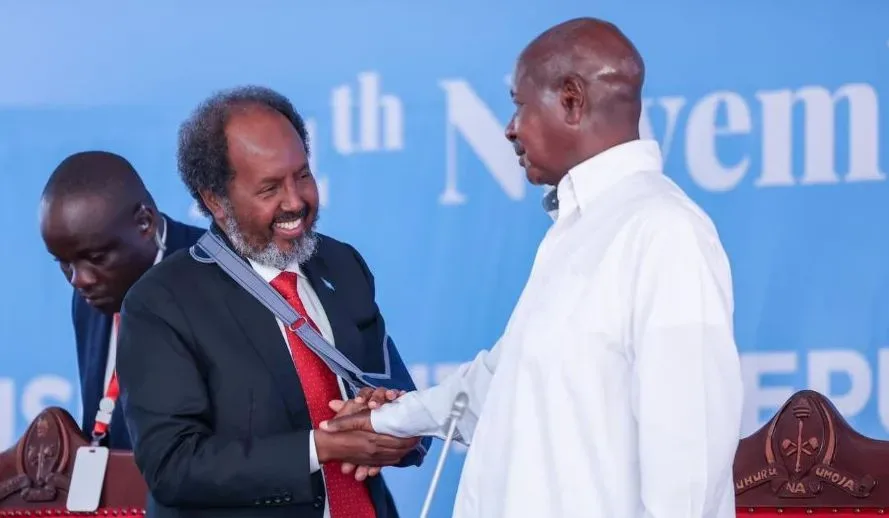
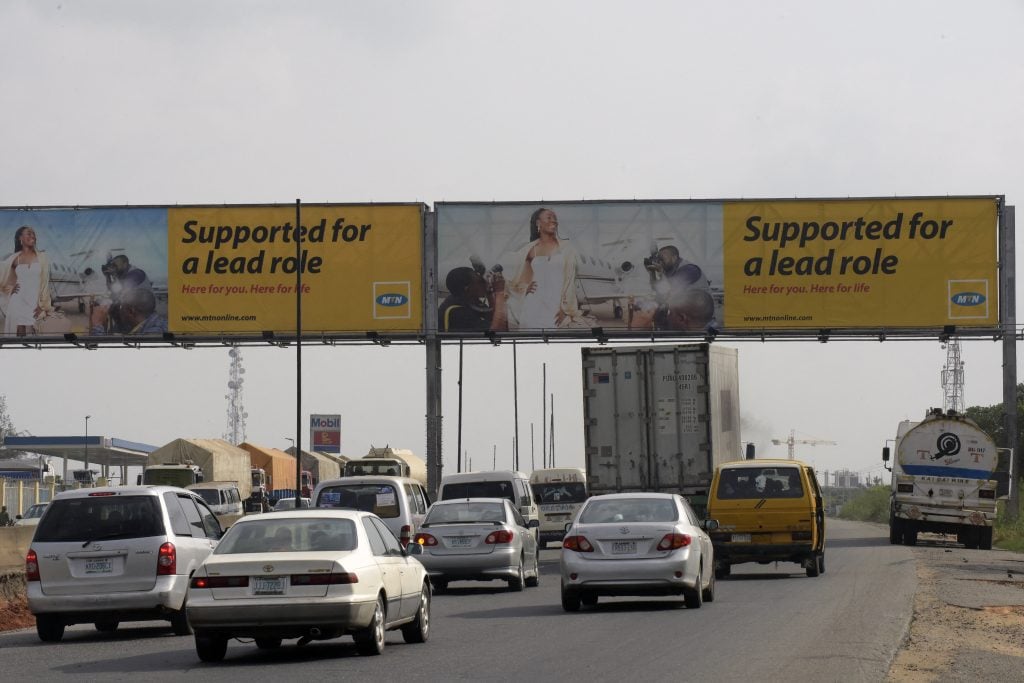
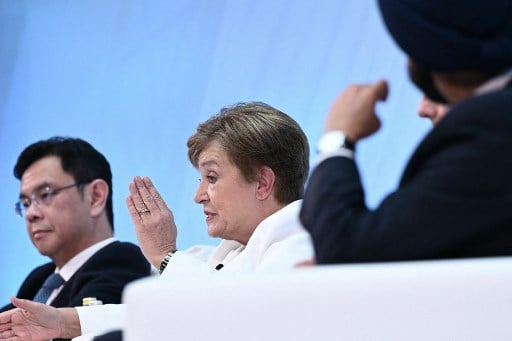
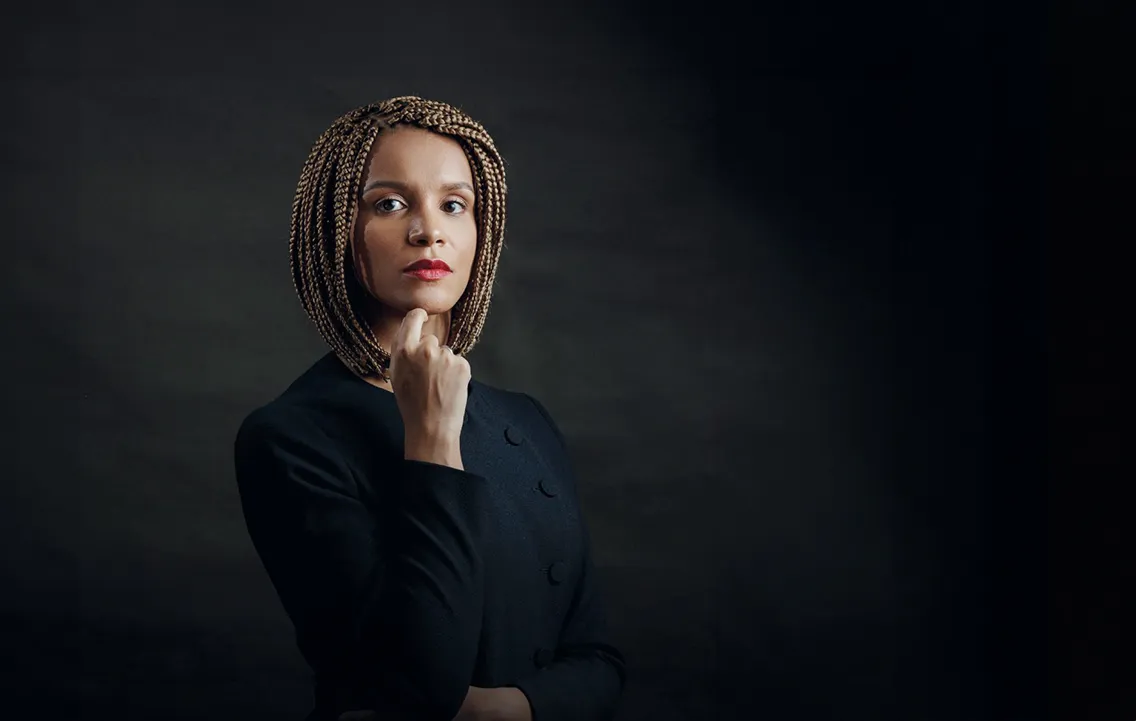

Recent Comments